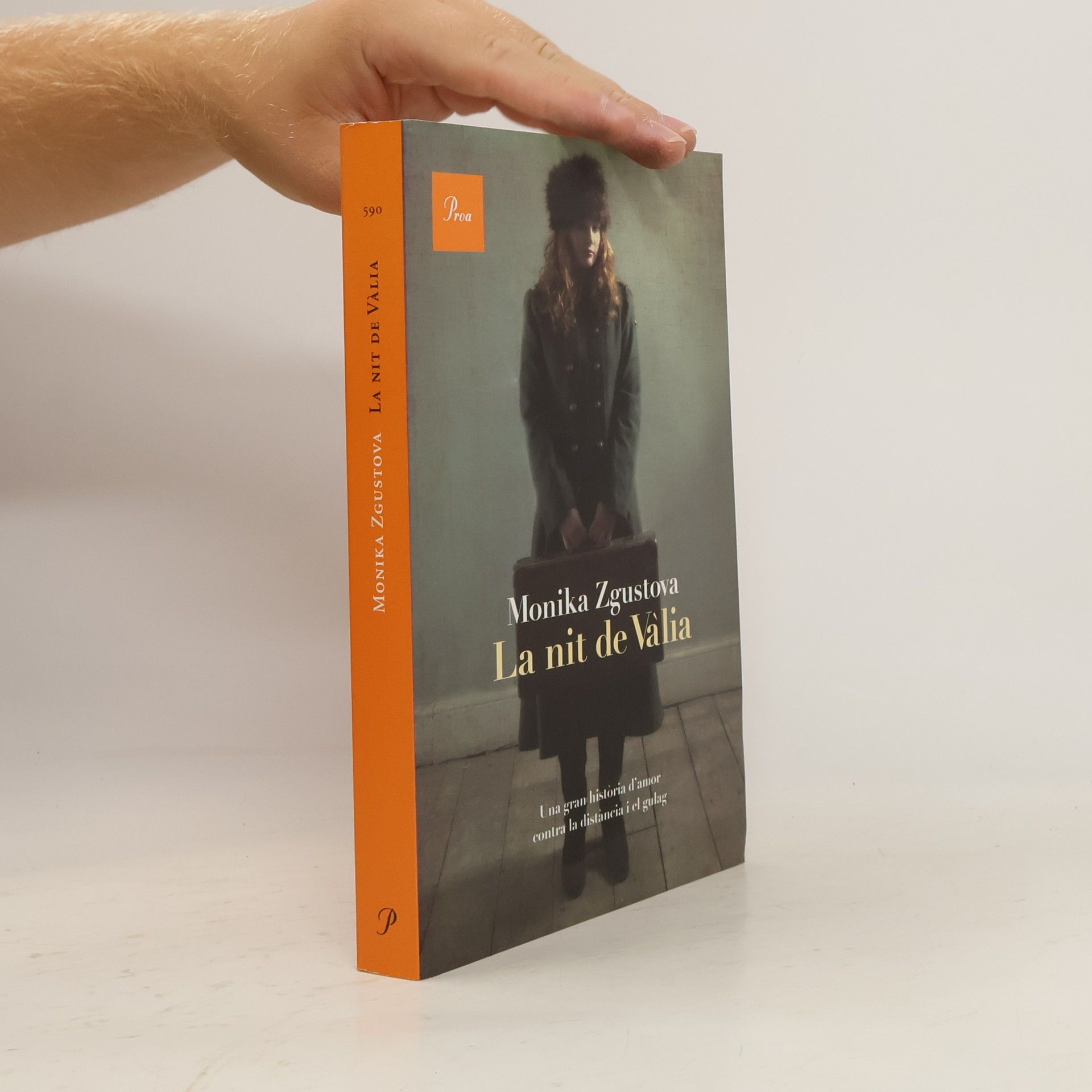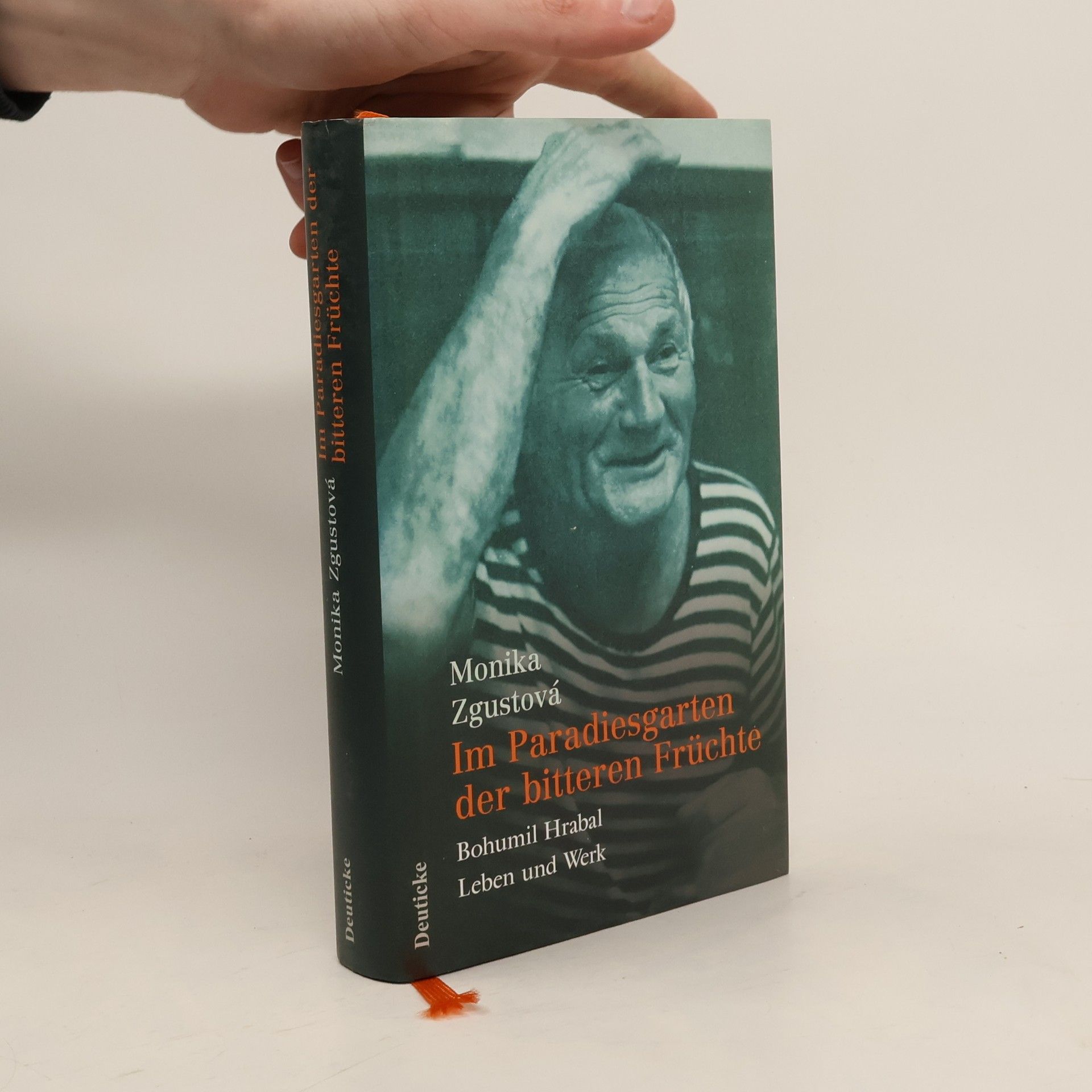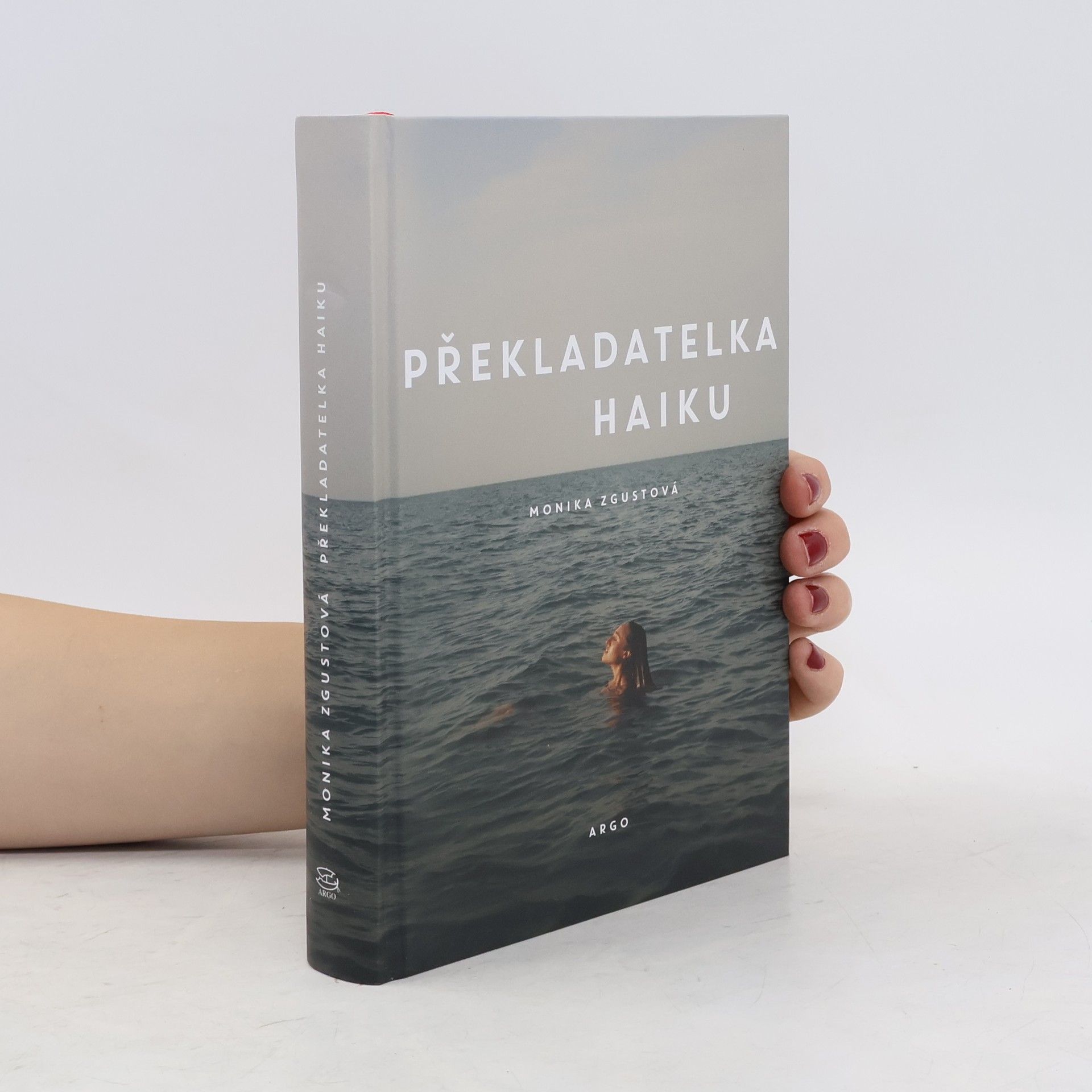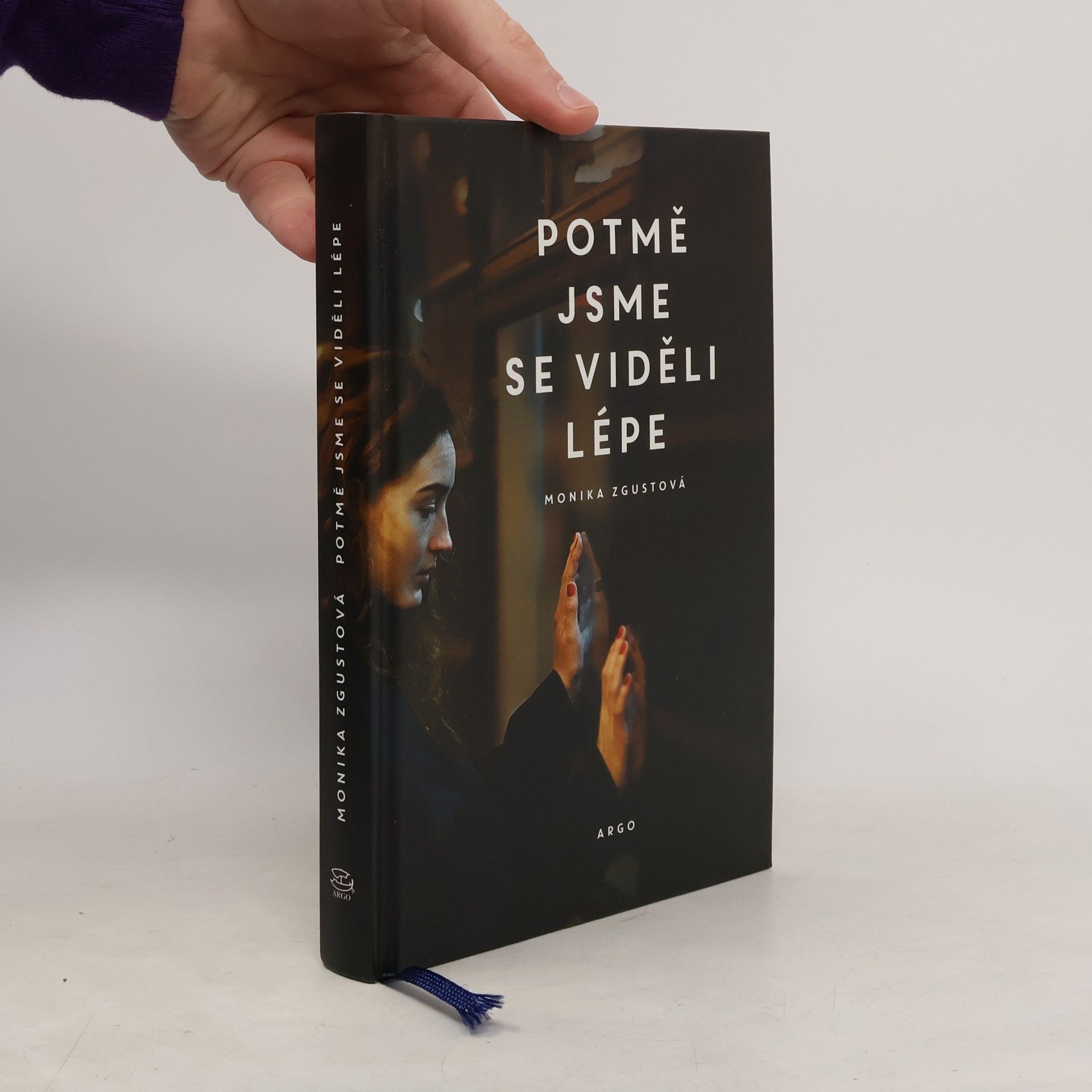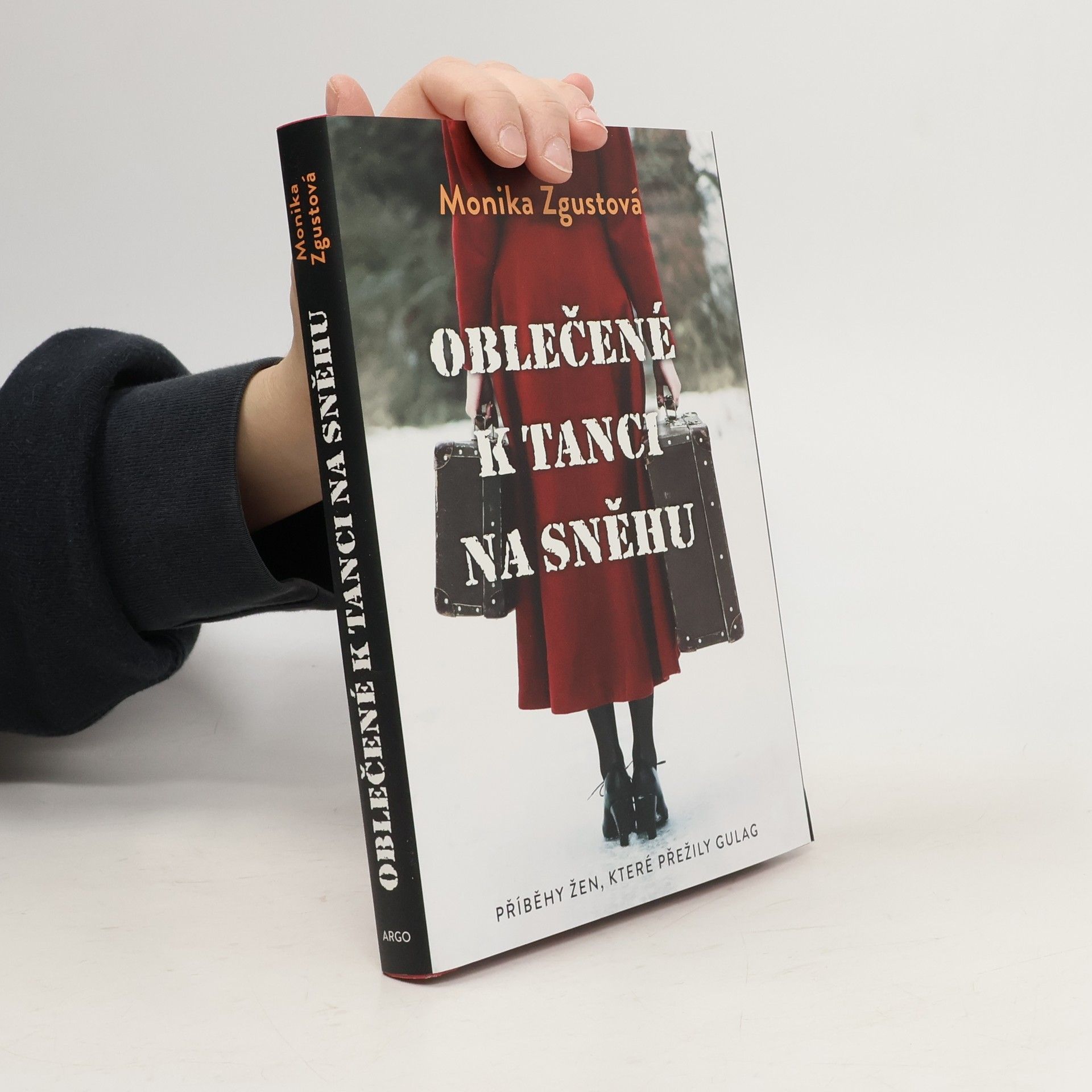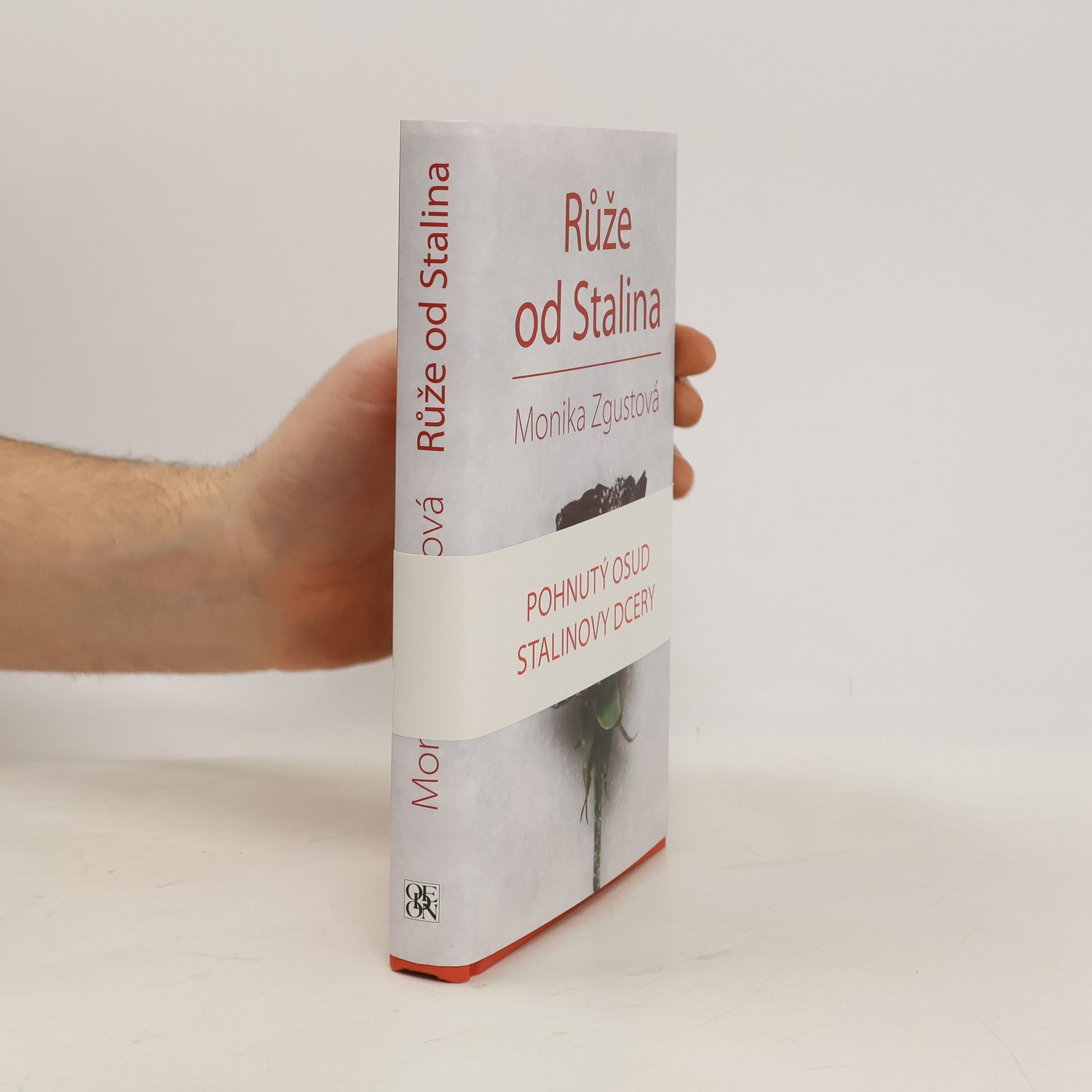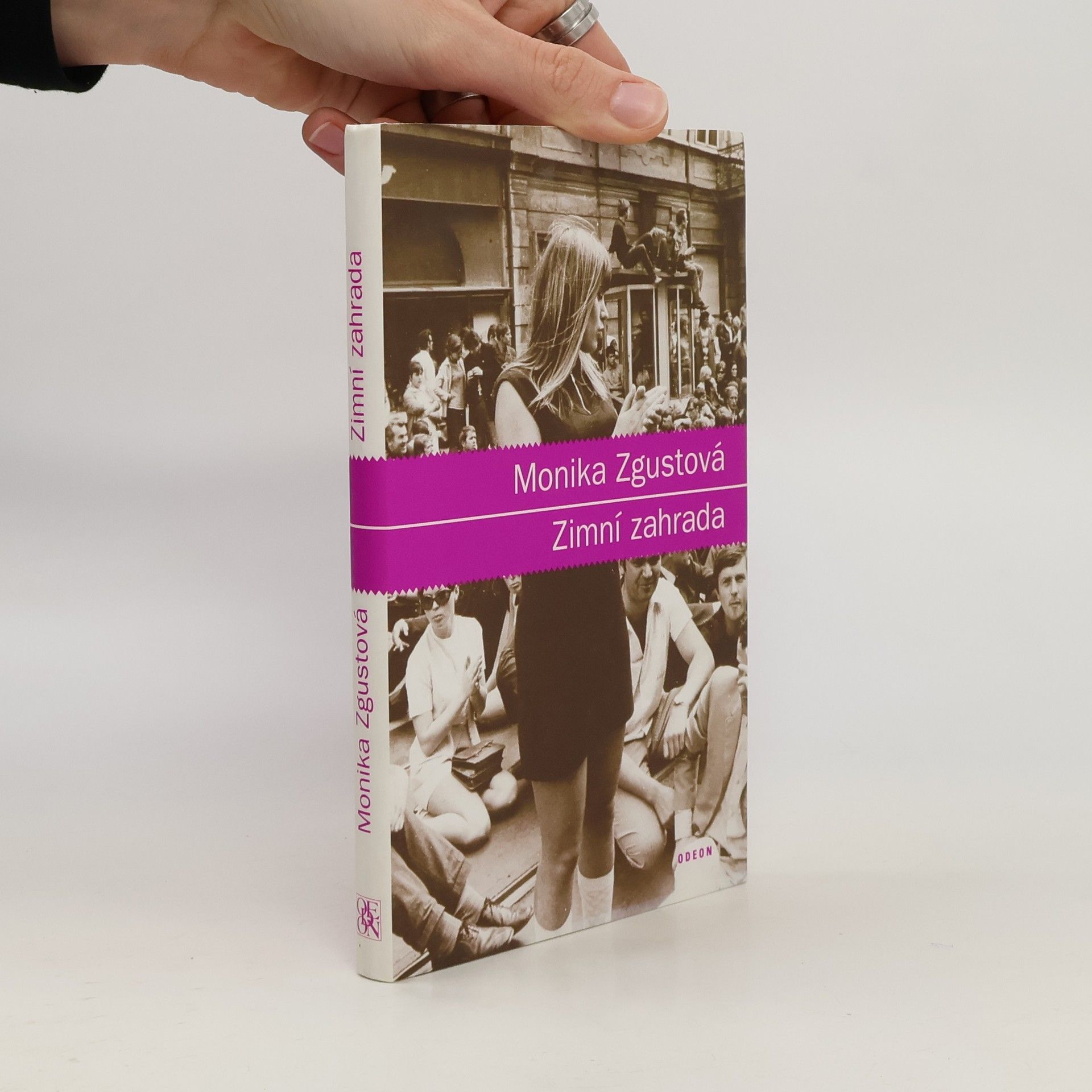Jsem Milena z Prahy
- 192 pages
- 7 hours of reading
Milena Jesenská byla nadaná překladatelka, novinářka, feministka a humanistka. A také blízká přítelkyně Franze Kafky. Román líčí její nevšední život ve čtyřech kapitolách: Cizinka, Překladatelka, Novinářka a Trestankyně. Milena byla součástí intelektuální elity, která se scházela ve vídeňských kavárnách, spolu s Musilem, Krausem, Werfelem a Brochem, i členkou odboje, když nacistická vojska napadla Československo. Bouřila se proti tradičnímu řádu, který jí chtěl vnutit nejdříve otec a posléze manžel, proti druhotné roli přisuzované ženám v redakcích novin i v prostředí práce. V poslední kapitole, ve které ji sledujeme v ženském koncentračním táboře v Ravensbrücku, se Milena seznamuje s Margarete Buberovou-Neumannovou, německou novinářkou, s níž ji bude pojit důvěrné pouto. Na základě písemností, článků a dopisů, které se od Mileny dochovaly, a svědectví těch, kdo ji znali, rekonstruuje Monika Zgustová život této statečné a mimořádné osobnosti. Nakladatelská anotace. Kráceno.

